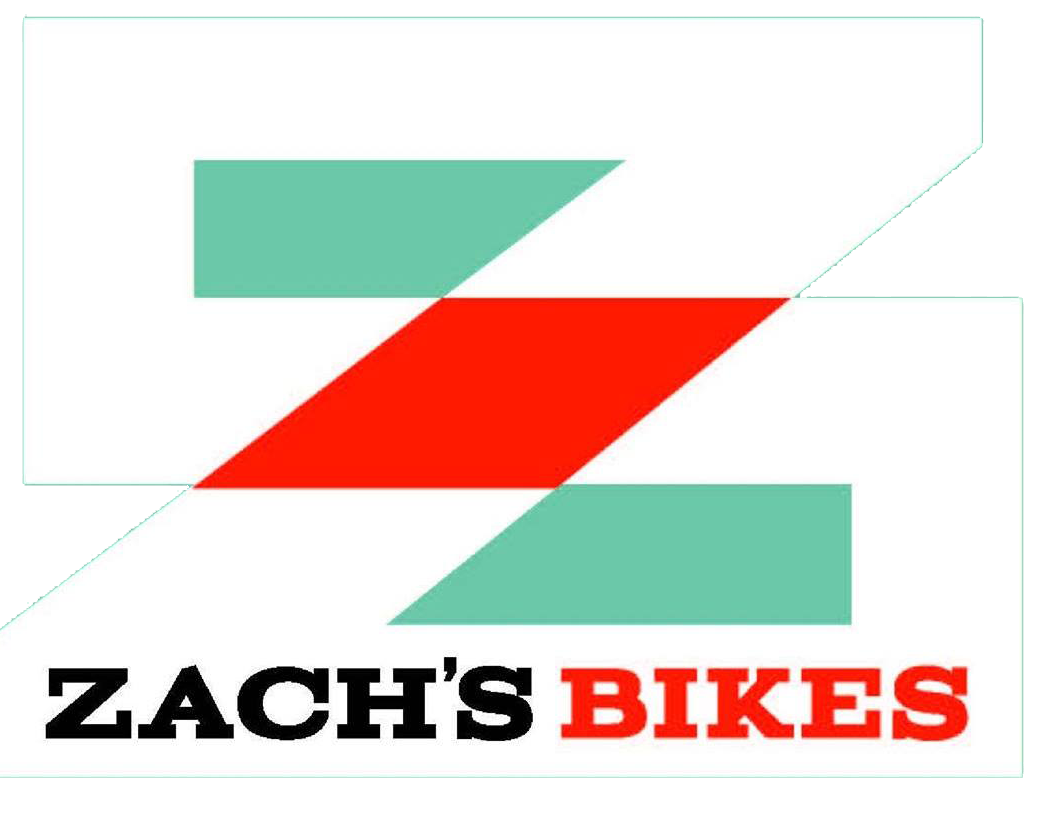Bikes have come along way. The technology found on modern bikes more closely resemble the components found on motorcycles or even your car! Because of this, the procedures used to maintain bicycles have also changed. One of the most important systems on your bike is the braking.
Your brakes likely use a set of brake pads, that are controlled by your brake lever. More and more we are seeing disc brakes on most bikes. These types of brakes use a disc brake rotor mounted to the hub, instead of the brake pads rubbing on the rim surface. Because of the increased power along with other factors, disc brakes have made their way onto every type of bike.
When taking care of disc brakes, you will want to make sure that the brake pads and rotor are in good condition. Generally, the brake pad material should be no thinner than a dime (see picture below). If your pads have worn beyond this point, then pad replacement is recommended. Inspecting your rotor can be a little bit tricky, but with a few basic checks this also can be done quickly and easily. When looking at the surface of the rotor, if there is a “ridge” or a difference in the thickness of the rotor where the brake pad rubs, then the rotor should be checked with a micrometer to get an exact measurement (see picture below).
Next comes your brake fluid. “Wait. My brakes have fluid in them?” While there are disc brakes that use a cable. The majority of disc brakes use fluid that is inside of the brake hose. This fluid is what makes your brake lever able to control your brake caliper, as well as making your brakes much more powerful than rim brakes. Just like on your car, this fluid needs to be changed regularly. Having this fluid flushed on a yearly basis is a good rule of thumb. If the fluid is not changed then contamination, fluid break down and air will tend to make the brakes not work properly, or even cause internal damage.
Having your brakes serviced regularly will help prolong the life on one of the most important components of your bike. Since this is a regularly recommend service, some home mechanics will take care of this on their own. If you’re curious about working on your own brakes, we highly recommend taking one of our courses to give you the foundation and tools to start servicing your own brakes. Or you can call 541-851-9200 to make an appointment with us to get your brakes in peak condition and ready to take on another season of riding.
Still have questions? Check in with Aaron, aaron@zachsbikes.com
Or follow along as Sram/Avid or Shimano take you through your brakes step by step.





